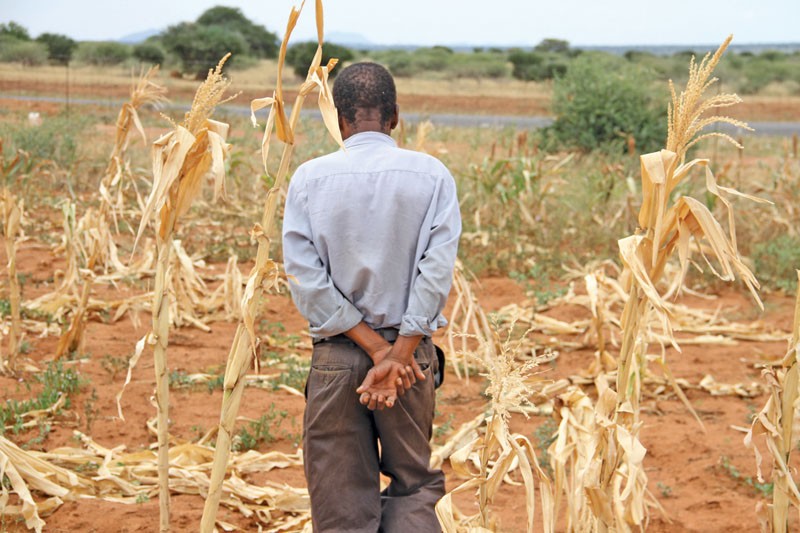Rain fed agriculture increases food insecurity
Baboki Kayawe | Friday August 5, 2016 14:50


Furthermore, the imperatives of climate change impose serious challenges on nations’ ability to feed themselves, thus requiring alternative innovative ways to combat the adverse effects of such impositions.
The Minister of Agriculture, Patrick Ralotsia when opening the show encouraged farmers and urged locals to embark on climate smart agriculture.
He spoke against over-reliance on rain fed agriculture, and poor soil but called on farmers to adopt conservation methods and techniques such as the use of drought tolerant crop varieties and livestock breeds.
“Total dependence on rain-fed agriculture and poor soil increases vulnerability of farming systems and predisposes rural households to food insecurity and poverty, thus eroding their productive assets and weakening their coping strategies and resilience,” he said.
Ralotsia told farmers and service providers who gathered for the official opening of the annual event, which is this year themed “Practicing Smart Agriculture to Combat the Effects of Climate Change”, that climate smart agriculture must be availed to farmers through practical skills transfer.
It is now critical than ever he said, to embrace this route on the backdrop of the recent declaration of a drought year by President Ian Khama, as the past ploughing season had erratic and low rainfall coupled with high temperatures.
Ambassador of Japan to Botswana, Masahiro Onishi who officiated at the event noted that government alone could not bring the envisaged agriculture techniques.
He hailed collaborations between the two countries in short and long term agriculture trainings such as the Jatropha Research Project, meant to find alternative energy sources whilst minimising reliance on fossil fuels, which increase the negative effects of climate change.
The country intends to achieve an overall emissions reduction of 15% by 2030, taking 2010 as the base year, requiring approximately $18.4 billion to achieve this target. According to Botswana’s Nationally Intended Determined Contribution- a commitment countries made prior to COP21 held in Paris last December, these funds will be allocated to energy and transport sector infrastructural developments, which will contribute to emission reductions.
